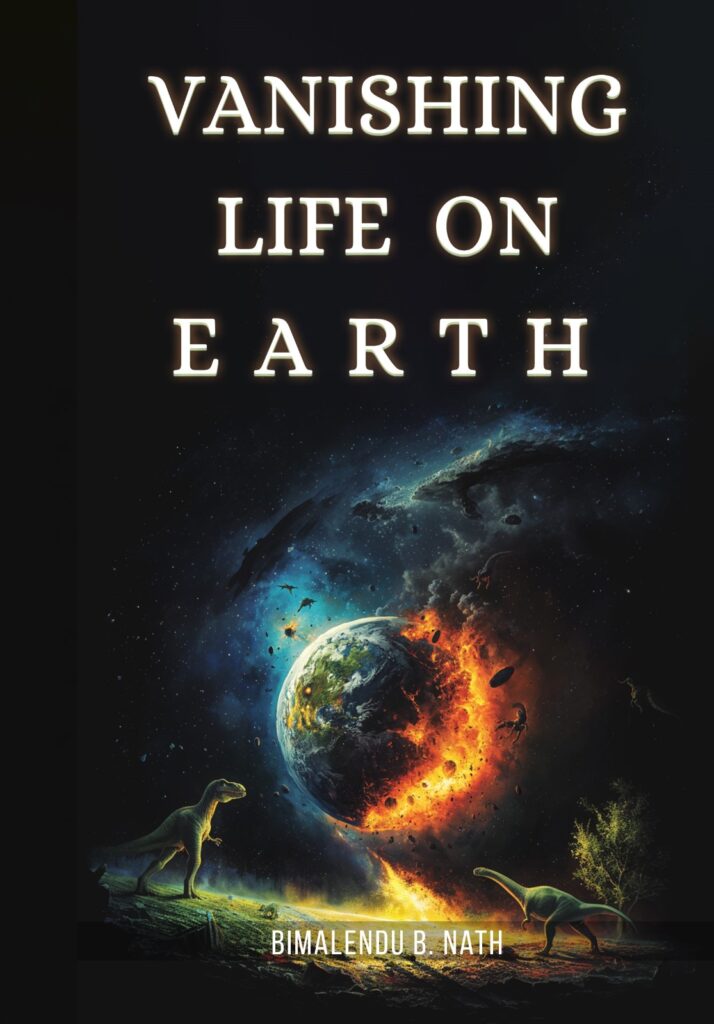Evolution is continually happening around us and is in some cases even driven by us, writes Jonathan Weiner.
Jonathan Weiner’s book `The Beak of the Finch´ takes the reader on an exciting and illuminating journey on the search for `evolution in real time´. The journey begins and ends on the Galapagos Islands, where Princeton’s famous husband and wife team of biologists, Peter and Rosemary Grant, have been studying Darwin’s finches for more than twenty years. The Grants and their students have been marking and following hundreds of these finches in their pioneering study that demonstrates the processes of natural selection and evolution.
One of the interesting findings from the Grants’ study is that the boundaries between species are constantly being built and rebuilt, and are seldom constant. Weiner also raises the question that if species are in such a constant state of flux, then is it possible to ‘conserve’ a species? The author stresses on the need to redefine what it is that we want to conserve in a particular species, or else be unpleasantly surprised by the results.
Species are adapting and evolving at this very moment, and the author puts together a number of examples that demonstrate how humans have been the cause for the hybridisation or extinction of many species plants and animals. We are also accelerating the evolution of many other species. Across the globe, there is an ongoing arms race between pest and farmer, bacteria and pharmacologist, and pest and bacteria seem to be winning. In Africa, pressures of poaching are pushing the elephant to lose its tusks. Sport fishing, where people are allowed to keep only the larger fish, is selecting for smaller and smaller fish.
Jonathan Weiner’s skills in using metaphor and his lucid style of writing make it a compelling read. The book makes the processes of natural and sexual selection accessible to everyone, and also explains other concepts central to ecology and evolutionary biology. This book won the Pulitzer Prize for General Non-fiction in 1995, as well as the Los Angeles Times Book Prize for Science. This book leaves us feeling that the world around us is suddenly more alive and vibrant, and we realise that we are affected by the same inexorable forces as even the tiniest single-celled organism. To quote one of my favourite lines from the book, “All is flux, everything flows.”
Further reading
Jonathan Weiner. 1994. The Beak of the Finch: A Story of Evolution in Our Time. Knopf.





